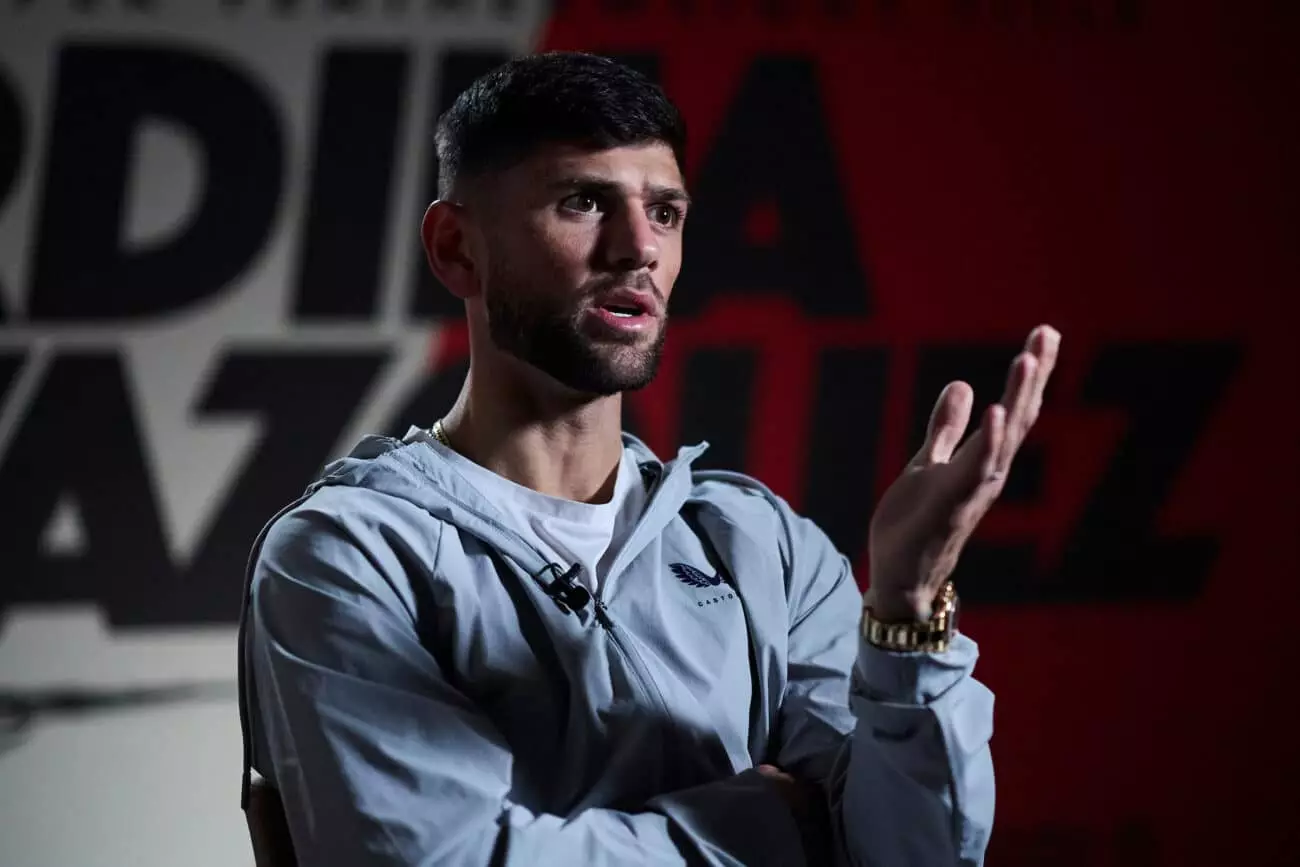Joe Cordina’s aspirations to face Shakur Stevenson have faced a significant setback, especially following his withdrawal from their anticipated bout on October 12th due to a hand injury suffered by Stevenson. For Cordina, a seasoned fighter at 33 years old, this situation must be particularly disheartening. Missing out on such a high-profile clash not only denies him a significant payday but also squanders a moment that could have propelled his career forward. The fight, which held much promise, has now dissolved, leaving Cordina yearning for a chance that might slip further from his grasp.
In an unexpected turn of events, Shakur Stevenson did not seek to reschedule his encounter with Cordina after the injury. Instead, he pivoted toward a highly publicized fight against the rising star Floyd Schofield. This decision raises questions regarding the dynamics of boxing promotions and athlete aspirations. With Schofield signing a contract to challenge Stevenson for his WBC lightweight title in Saudi Arabia, the pertinent issue remains: Why did Stevenson prefer to sidestep a matchup against Cordina? It appears that promotional interests are at play, favoring matchups that guarantee broader appeal over personal rivalries.
The financial implications of such decisions cannot be overstated. Schofield stands to earn a career-high paycheck exceeding $1 million for his match against Stevenson—a sum Cordina might have captured had he fought and won against Stevenson. The boxing landscape is often dictated by financial incentives, and Cordina’s exclusion from this lucrative opportunity underscores the harsh realities fighters face. His career trajectory, once promising as the IBF super featherweight champion, feels increasingly precarious, particularly in the wake of recent setbacks.
After suffering a notable loss to Anthony Cacace, a fight characterized by Cordina’s inability to keep pace, a shift towards the lightweight division may be necessary. To reclaim his contention, Cordina must focus on rebuilding—an uphill battle, particularly given that he remains unranked at 135 pounds. The stark reality is that few doors will open for an opponent recently knocked out, regardless of his prior accolades. Recent history warns against the impulse to fast-track opportunities; Cordina’s next steps must reflect a deeper understanding of his current standing in the boxing world.
Age is another formidable adversary in Cordina’s quest for redemption. As he aims to climb the lightweight ranks, he battles against not only emerging talent but also the relentless march of time. The fleeting nature of athletic prime phases poses a significant challenge, and with every missed opportunity, the path grows steeper. Cordina’s situation illustrates a universal truth within professional sports: resilience, determination, and a careful reevaluation of strategies are paramount to success.
The path for Joe Cordina is neither simple nor guaranteed. With newfound clarity regarding the direction of his career, he must embrace the arduous journey ahead. While his dreams of facing Shakur Stevenson may not materialize in the immediate future, athlete motivations can converge into newfound opportunities if managed wisely. The boxing community will be watching to see how Cordina reinvents himself in a sport where time is of the essence, eager to witness whether he can seize his moment before it slips away entirely.


Leave a Reply